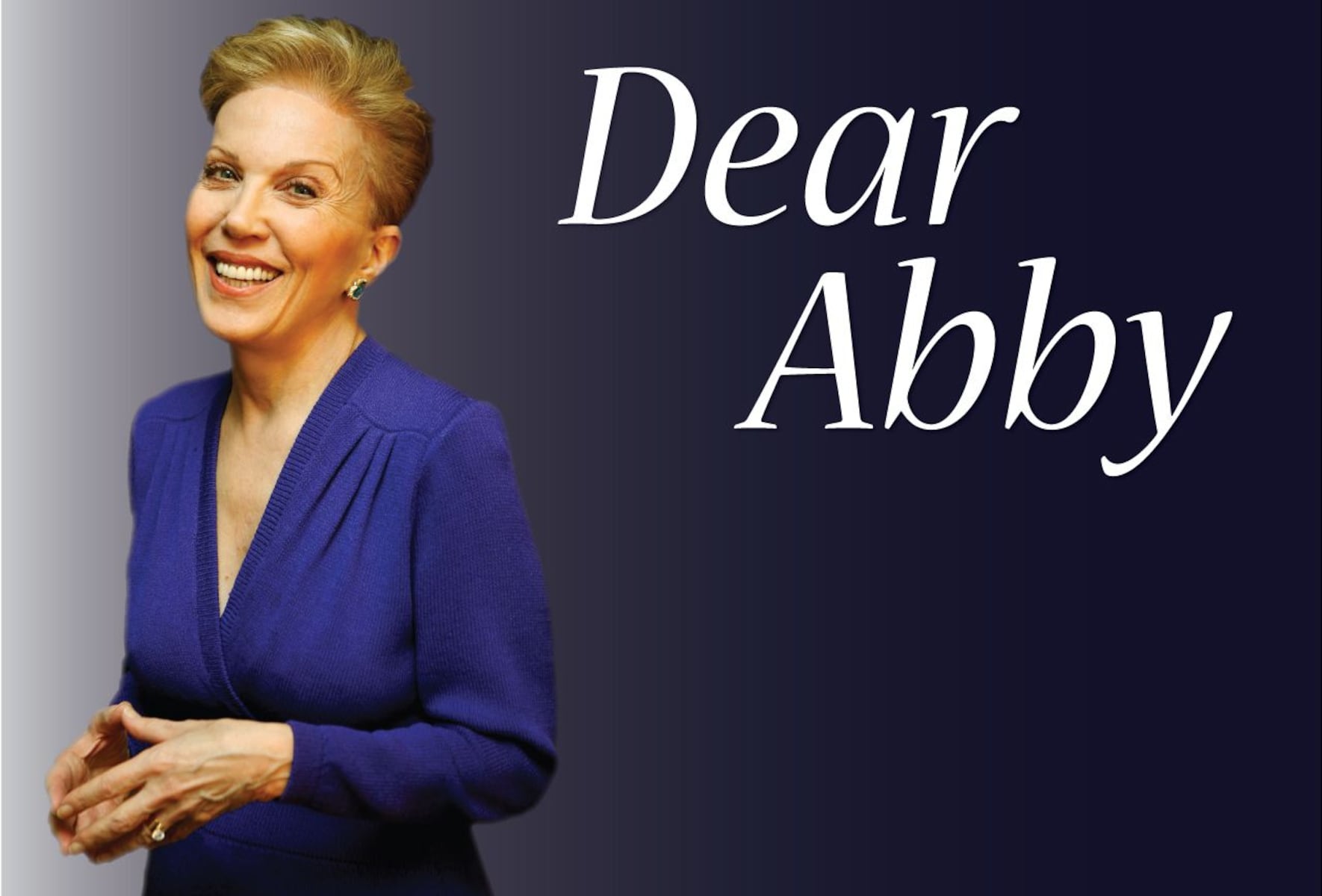For individuals navigating life after profound loss, the question of when and how to re-enter the dating scene can be fraught with complex emotions and societal expectations. One common dilemma arises when a widow feels ready to embrace new relationships but encounters hesitation from potential partners, who may perceive it as “too soon” following the death of a spouse. This personal readiness often clashes with external judgments, making the transition back into social and romantic spheres particularly challenging, especially for those in widowhood seeking connection.
The journey of healing from grief is deeply personal, with no prescribed timeline for emotional healing or moving on. For some, after a few months, the desire for companionship and affection becomes a natural part of their evolving emotional landscape. Dismissing external opinions, these individuals prioritize their own well-being and happiness, recognizing that seeking a new partner or companion is not a betrayal of past love but an affirmation of life and the human need for connection.
Signaling readiness to date without appearing overly eager presents a delicate social dance. Potential partners, out of respect for the deceased or uncertainty about the individual’s emotional state, might maintain a respectful distance. The challenge lies in subtly conveying availability and interest, demonstrating that while the past is acknowledged, the present includes an openness to dating after loss and forming genuine bonds.
Beyond signaling readiness, actively seeking out new acquaintances and potential romantic interests requires strategic approaches. Traditional social circles may not always yield new connections, prompting consideration of diverse avenues. Engaging in activities that foster social connection, such as joining clubs, pursuing hobbies, or even volunteering for causes one cares about, can organically expand one’s network and introduce new individuals who share common interests.
Prioritizing emotional healing and mental well-being is paramount during this transitional period. Grief can be exhausting, and proactive steps to combat depression are essential. Incorporating regular physical activity, like daily exercise, and staying engaged in stimulating activities can significantly contribute to a positive mindset, helping to navigate the emotional complexities of moving forward in life.
While traditional methods of meeting people remain viable, exploring contemporary options, such as online dating platforms, can broaden the scope for senior relationships. For many, these sites offer a convenient and discreet way to connect with eligible individuals who are also seeking companionship, providing a structured environment to initiate conversations and discover shared interests, particularly beneficial for those navigating the unique landscape of dating after loss.
In a separate vein, but equally challenging, are ethical dilemmas surrounding inheritance and familial expectations that can arise concurrently with personal life changes. Disputes over family legacies, often stemming from verbal wishes and perceived entitlements, underscore the importance of clear, legal documentation to prevent discord among relatives, highlighting how financial matters can intertwine with deeply personal family dynamics, impacting life after loss beyond just emotional recovery.






Leave a Reply